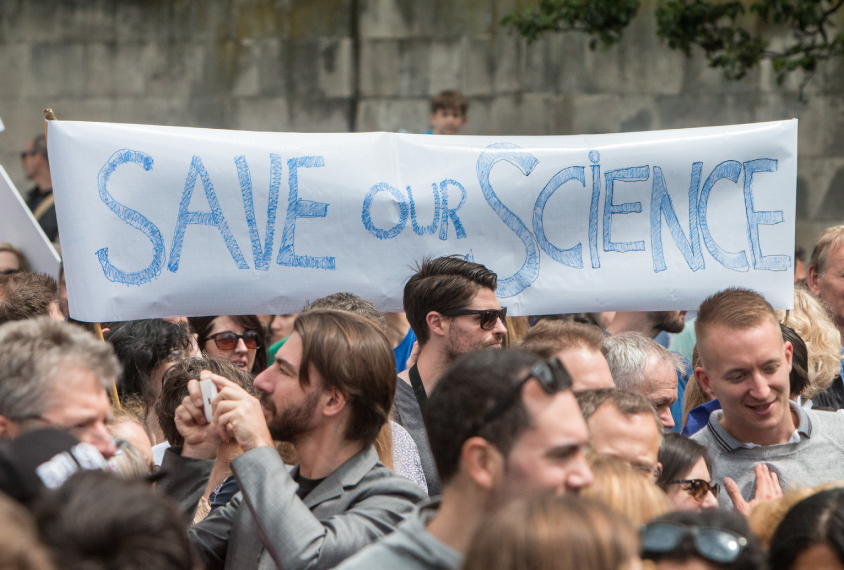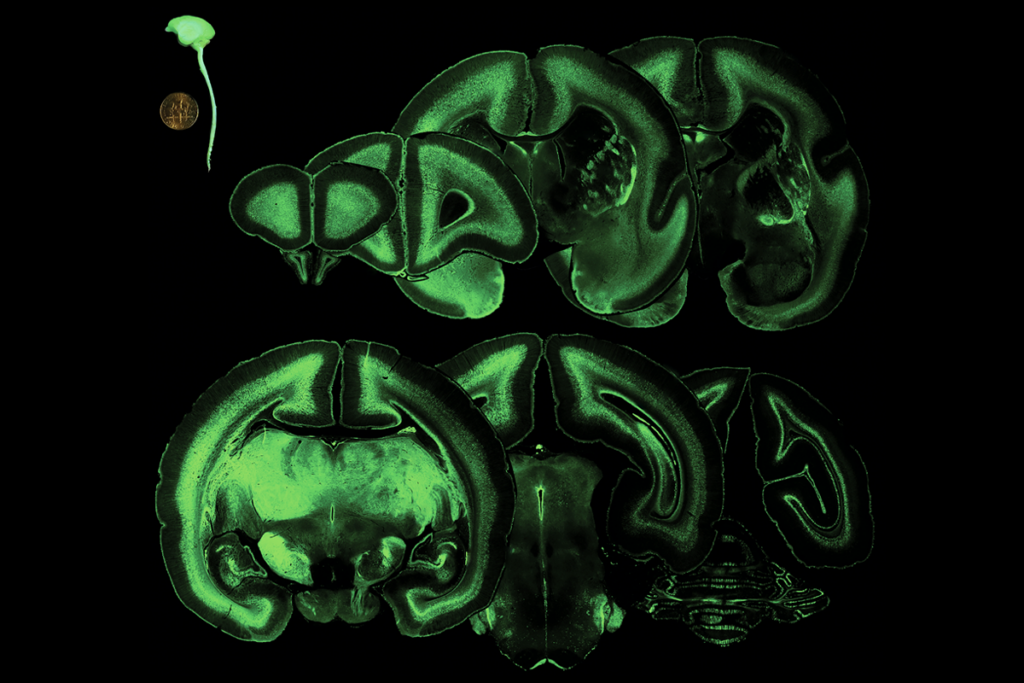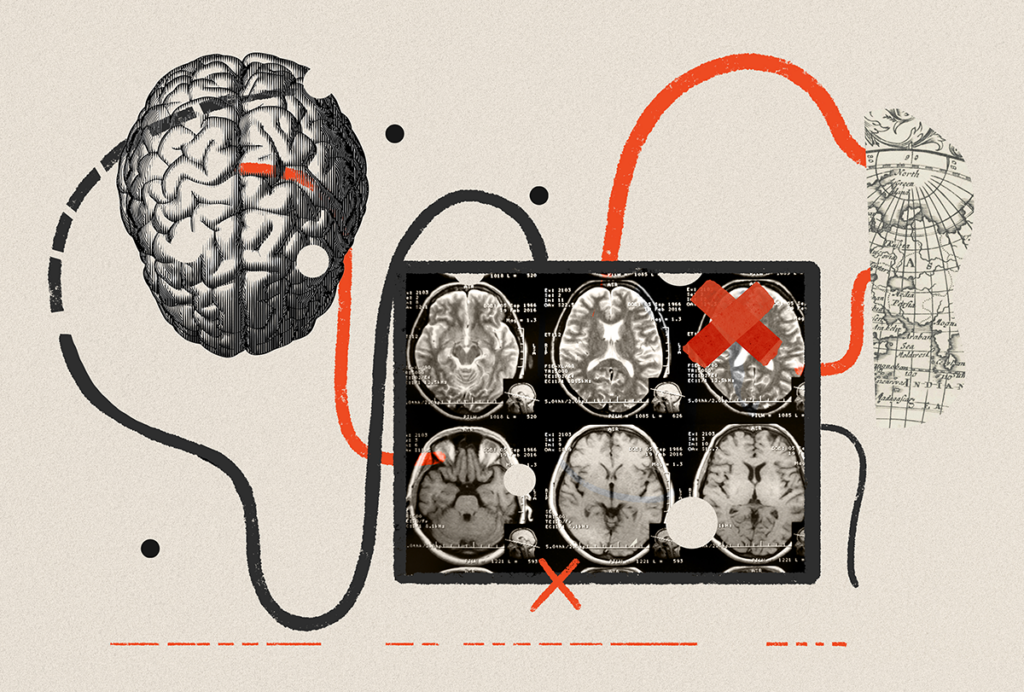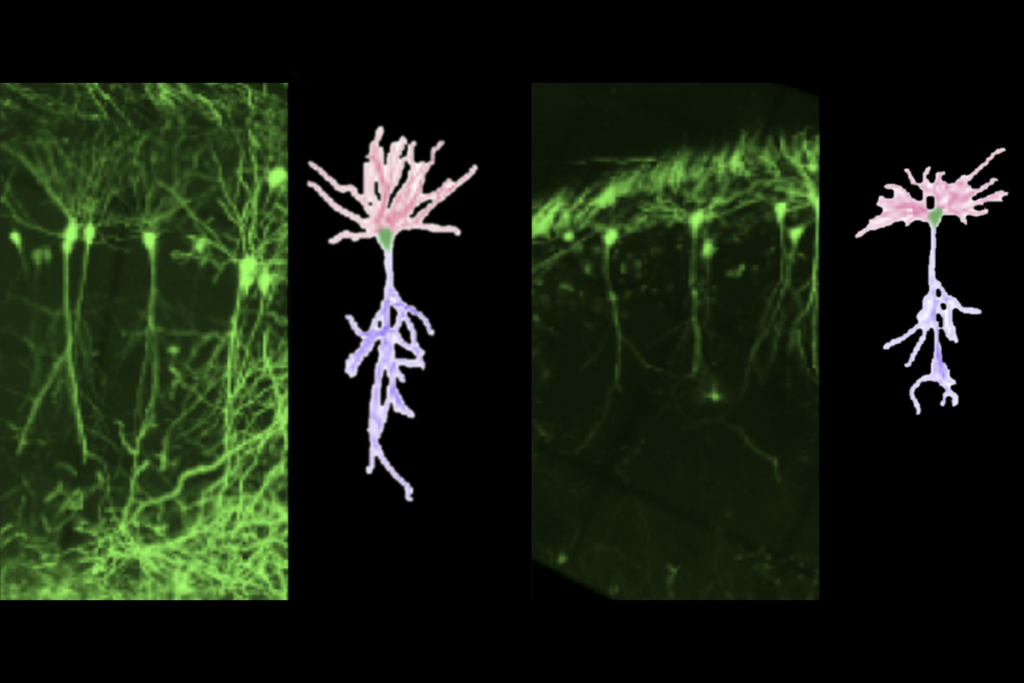
Mark Johnson runs one of the biggest autism studies in Europe. He and his team of 15 scientists have been meticulously tracking the traits of infant siblings of children on the spectrum for four years.
These so-called baby sibs are up to 14 times more likely to be diagnosed with autism than are children without a family history of the condition. By characterizing the earliest features of autism, Johnson hopes to improve early detection and treatment of the condition. But this lofty goal now hangs in the balance.
In June, the United Kingdom voted to leave the European Union (EU) — a move dubbed ‘Brexit.’ It’s still unclear when the change will happen. But Johnson, director of the Centre for Brain and Cognitive Development at Birkbeck, University of London, says he fears it will lead to a loss of funding and separate him from collaborators, and from many of the families who participate in his research.
Brexit, says Johnson, threatens the future of his project, Eurosibs, as well as many other large-scale autism studies that depend on scale and large populations to get the most useful results.
Other researchers worry that Brexit will stymie their ability to recruit talented European scientists to their labs by ensnaring their hiring in red tape. Some fear that they will lose scientists to the hassle and prejudice that Brexit may bring.
Belonging to the EU has been a boon for British researchers. Between 2007 and 2013, the U.K. government paid nearly 4.5 billion pounds (roughly $5.7 billion) into the EU research budget. But British researchers won back more than 7 billion pounds ($8.8 billion) in competitive research grants from EU institutions over that same period — about 16 percent of the total research income at British universities.
The U.K. government has promised to support all EU-funded projects until 2020, but what will happen after that is unclear.
“I have had to reassure, on a wing and a prayer, European colleagues who are currently writing collaborative grant applications with me about my continued eligibility for EU grants,” says Bhismadev Chakrabarti, research director of the Centre for Autism at the University of Reading.
Uncharted territory:
More than 80 percent of U.K. scientists opposed Brexit, according to a Nature poll conducted before the referendum. Many British researchers say that EU membership allows them to lure top scientists from 27 European nations without the need for visas or other paperwork. After Brexit, this free flow of talent is likely to grind to a halt.
Dermot Bowler, director of the Autism Research Group at City University of London, says many researchers on his team are not British nationals. Foreign members of his team, Bowler says, will have to stay on top of visas and work permits to keep working in his department — something they have never had to bother with before.
“They may choose to move somewhere without this requirement,” Bowler says. “Coupled with difficulties in recruiting new staff, this could affect our work.”
Chakrabarti says he knows of two top-tier researchers who have declined faculty positions in the U.K. because of Brexit. The uncertainty surrounding the status of foreign researchers in the U.K. is an important deterrent to hiring, he says.
Brexit may also strain researchers’ ties with pharmaceutical companies based in the EU. These ties are crucial for drug development, Chakrabarti says. Regulations governing academic-industrial collaborations across the EU ensure that researchers can work with companies based in any European country without worrying about different regulations for different nations.
“Leaving the EU can make such collaborations more difficult with additional legal hoops to jump through, thus slowing down the speed of translating research from bench to bedside,” he says.
Brexit bias:
The Brexit referendum also may reflect a broader public sentiment against foreigners, which threatens to fragment international collaborations. Simon Baron-Cohen, director of the Autism Research Centre at Cambridge University, is a member of a European consortium designed to provide a framework for drug discovery and clinical trials in autism.
Baron-Cohen’s team is part of a project to scan the brains of 500 people with autism and 300 typical individuals to better understand the roots of the condition and speed up the development of treatments. He says he worries that any change of status for the European scientists on his team in Cambridge may make those people feel insecure and unwelcome — and perhaps less likely to remain in their jobs.
Steven Chance, associate professor in clinical neurosciences at the University of Oxford, says the bias that led people to vote for Brexit could also hamper research requiring cooperation from the public. Chance leads an effort to collect postmortem brains for autism research. He held a meeting in November with people on the spectrum and their family members to discuss ways to raise awareness of the importance of brain donation.
“There was a sentiment expressed that potential donors might only want their brains to be used for research in the U.K.,” he says. “I wonder if Brexit and U.S. elections will feed into a narrative of ‘British brains for British research,’ even though, from the scientific point of view, a global, collaborative approach is generally desirable.”
Researchers say they hope the U.K. government will negotiate an agreement that gives British scientists access to EU research funds. For example, Switzerland and Norway, which do not belong to the EU, pay a subscription fee that gives them such access as well as free movement within the continent.
The British government could also take steps to ensure that international researchers feel welcome and valued in the U.K., Chakrabarti says. Instead of building hurdles for them to jump over, the government could increase the number of researcher visas or cut the amount of paperwork required, to attract the best scientists and students from around the world.
Recommended reading

Prenatal viral injections prime primate brain for study

Common and rare variants shape distinct genetic architecture of autism in African Americans
Explore more from The Transmitter

BRAIN Initiative researchers ‘dream big’ amid shifts in leadership, funding


